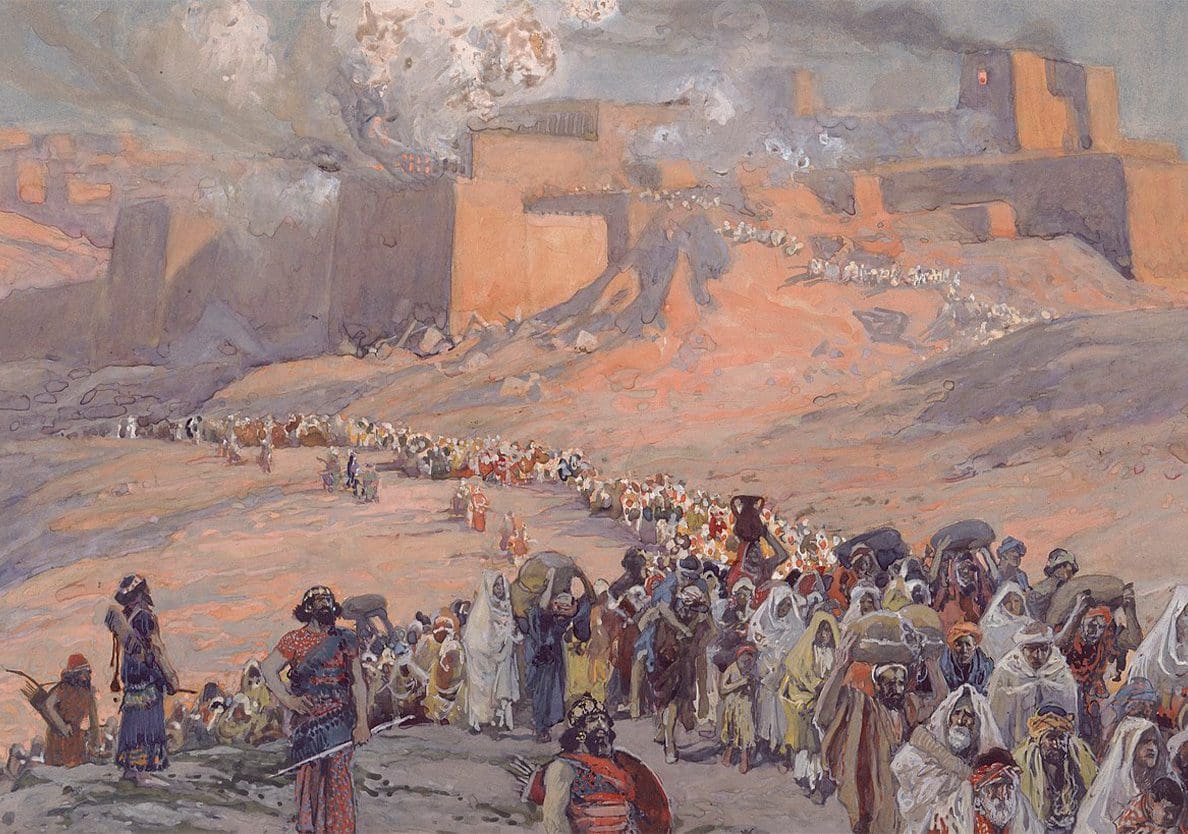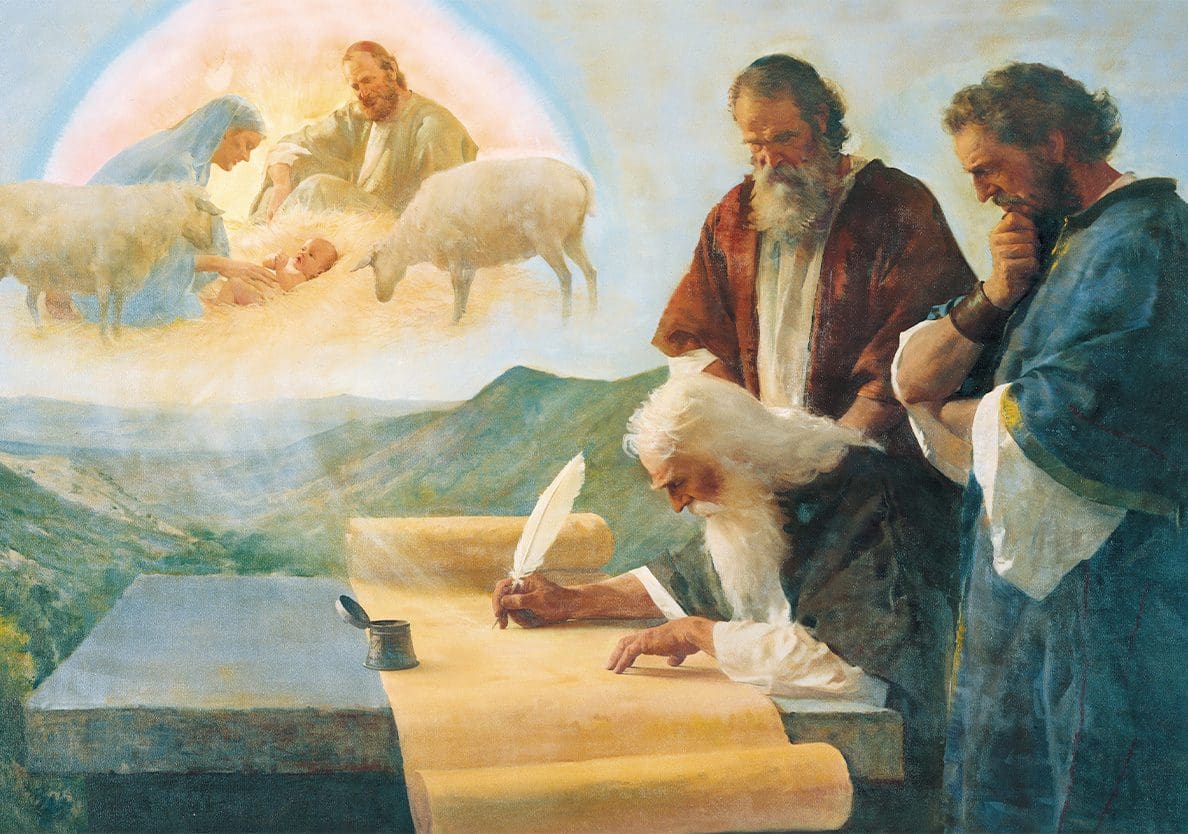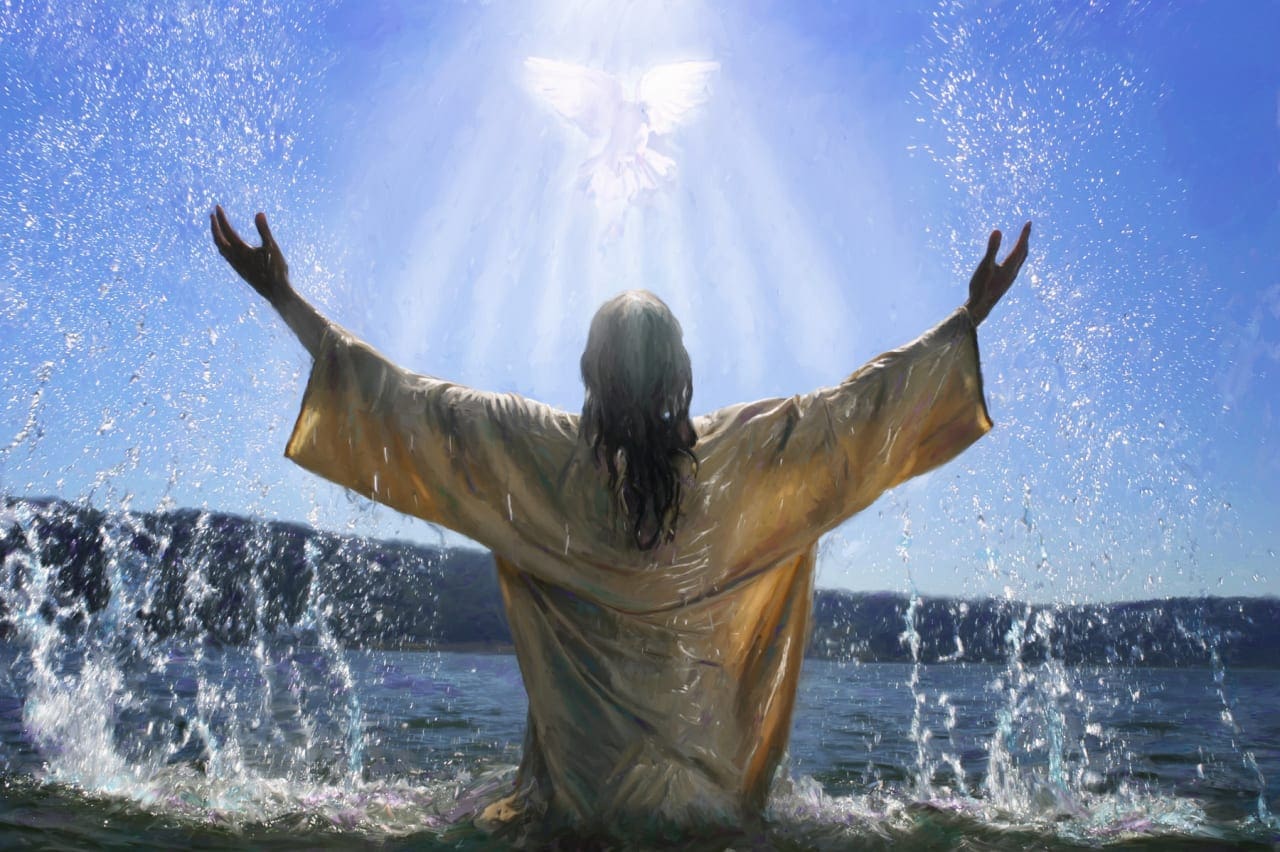Under the inspiration of the Holy Spirit of God, the prophet Isaiah proclaims that, “The Spirit of the Lord God is upon me, because the Lord has anointed me to bring good news to the poor; he has sent me to bind up the brokenhearted, to proclaim liberty to the captives, and the opening of the prison to those who are bound; to proclaim the year of the Lord’s favor, and the day of vengeance of our God; to comfort all who mourn; to grant to those who mourn in Zion—to give them a beautiful headdress instead of ashes, the oil of gladness instead of mourning, the garment of praise instead of a faint spirit; that they may be called oaks of righteousness, the planting of the Lord, that he may be glorified” (Isaiah 61:1-3 ESV).

Although the immediate context of this prophecy involved God’s promise to release the Jewish people from the bondage of exile, it also looked ahead to the bigger picture when God would release the entire world from the bondage of sin through a Messiah or a Saviour. That this passage is ultimately referring to the Messiah is indisputable since Isaiah many times identifies this Saviour as the One whom the Spirit of the LORD God was upon. For example, in Isaiah 11:1-2 he proclaims, “There shall come forth a shoot from the stump of Jesse, and a branch from his roots shall bear fruit. And the Spirit of the Lord shall rest upon him, the Spirit of wisdom and understanding, the Spirit of counsel and might, the Spirit of knowledge and the fear of the Lord.” And he says again in Isaiah 42:1: “Behold my servant, whom I uphold, my chosen, in whom my soul delights; I have put my Spirit upon him; he will bring forth justice to the nations.” And again, in Isaiah 48:16 quoting the Messiah Himself, he declares: “Come near to Me, hear this: I have not spoken in secret from the beginning; from the time that it was, I was there. And now the Lord God and His Spirit have sent Me.”
Just as God kept His short-range promise by delivering the Jews from exile, He also kept His long-range promise by liberating the entire world from sin. Just over 700 years later, He sends His promised Redeemer, whom He called Jesus, a name that means “The Lord is salvation.” Significantly, Jesus publicly announced and acknowledged His role at the synagogue in Nazareth by quoting this same Isaiah passage. As Luke 4:17-21 records: “And the scroll of the prophet Isaiah was given to him. He unrolled the scroll and found the place where it was written, “The Spirit of the Lord is upon me, because he has anointed me to proclaim good news to the poor. He has sent me to proclaim liberty to the captives and recovering of sight to the blind, to set at liberty those who are oppressed, to proclaim the year of the Lord’s favor.” And he rolled up the scroll and gave it back to the attendant and sat down. And the eyes of all in the synagogue were fixed on him. And he began to say to them, “Today this Scripture has been fulfilled in your hearing.”


While Jesus clearly identifies Himself as the promised Redeemer of the world whom Isaiah saw, notice that He doesn’t finish the passage. As a matter of fact, Jesus stops mid-sentence just before Isaiah mentions God’s “day of vengeance.” Why? Because, while the first portion of Isaiah’s prophecy was fulfilled through Jesus’ First Coming, God’s judgment of the wicked and His physical kingship over the world is reserved until the Second Coming where Jesus will come not as a sacrificial lamb but rather as a conquering lion.

Ryan Hembree is a daily co-host, speaker, and writer of Bible Discovery. He also hosts a YouTube channel that shows the unity of the Bible and how science and Scripture fit together. Ryan also has an honorary Masters of Ministry in Creation Science from Phoenix University of Theology.






